Early coverage of the Dutch elections has inevitably focused on Geert Wilders – still the bogeyman of the country’s political establishment. Wilders lost seats and saw some of his support drift towards other parties on the right and to the liberal center of Democrats 66 (D66). Wilders’s Party for Freedom and D66 are leading in the polls, with both set to take 26 seats.
Yet the real story lies elsewhere: in the spectacular downfall of former EU Commissioner Frans Timmermans, whose brief and ill-fated return to Dutch politics as leader of the Labour party has ended in a shattering defeat.
Timmermans was as divisive a figure to the Dutch right as Wilders is to the left. In Brussels, as architect of the European Green Deal – that sprawling climate agenda which has brought headaches across Europe to businesses and households alike – he became synonymous with bureaucratic zeal. His return to the Hague before the 2023 elections was driven by a single ambition: to become prime minister. He has failed. Twice.
The much-touted merger between his venerable Labour party and the far more radical GreenLeft – itself an alliance of former communists, greens and other assorted leftist fragments – was supposed to revitalize the left. In practice, it was a catastrophic miscalculation. GreenLeft’s informal but loud sympathies for Extinction Rebellion, antifa, rewilding and the pro-Palestine movement only reinforced public unease. Timmermans and his increasingly doctrinaire allies seemed more concerned with Gaza, asylum seekers, or protecting wolves, than with Dutch voters. Yet neither Gazans, wolves nor illegal migrants have the vote in the Netherlands – and that is unlikely to change any time soon.
As polling day approached, talk of a broad centrist coalition began to dominate. The center-right VVD ruled out any arrangement involving Timmermans, and his party’s polling numbers duly started to erode. After two years of solid support, GreenLeft-Labour slumped on election day, losing a fifth of its seats and tumbling to fourth place. Disillusioned voters flocked instead to the upbeat, reform-minded liberal democrats of D66.
Almost overnight, Rob Jetten – the young, energetic and impeccably groomed leader of D66 – found himself center stage. With 99 percent of votes counted, he is neck and neck with Wilders. Jetten’s surge has been extraordinary: from laggard to frontrunner in a week, powered by a deft reinvention of his party. Once derided as Europhile, climate-obsessed and tediously woke, D66 has wrapped itself in Dutch flags, quietly shelved talk of net zero and pledged to reduce asylum numbers to manageable levels.
And that matters. The party has long been the preferred habitat of Dutch public sector workers – dominant in the media, civil service, health and education and, if rumours are to be believed, the judiciary. Yet Jetten’s youthful charm – occasionally reminiscent of a young Mark Rutte – has seduced voters across the spectrum, even prising a few away from Wilders. Should he indeed finish first, he will gain the right to appoint a “scout” on Friday to explore possible coalitions. In case he comes second, any scout sent out by Wilders will no doubt find that all other big parties will refuse to work with him, clearing the way for Jetten to try to form a government.
Yet, the underlying message of this election is unmistakable: the Dutch electorate continues to nudge the party system rightwards. D66 has shifted to the right, clearly allowing it to win big; Timmermans’s radical experiment on the left has been routed. Other left-wing parties fared no better. The small and once-Maoist Socialist party even lost 60 percent of its support – its tenth consecutive national defeat.
The right, meanwhile, remains potent, merely redistributed. Wilders, ever the tribune of the disaffected, will carry on in opposition – a role made for him – railing against Islamization, immigration and rising living costs. Many of those abandoned by the left will still find refuge in his rhetoric.
An Ipsos poll found that 40 percent of Dutch voters favor a right-wing coalition, with smaller minorities leaning left or center. Jetten faces a formidable task assembling a stable majority. A coalition with the VVD and Christian Democrats would form a centrist bloc, but still fall short. The VVD will block any role for GreenLeft-Labour, leaving Jetten to look instead towards JA21, a more polished, immigration-skeptical party on the right that did very well yesterday. Such an alliance would be fragile – yet broad enough to show that D66 intends to take the country’s asylum crisis seriously, and acknowledge that “anywheres” are not the only people in the country.










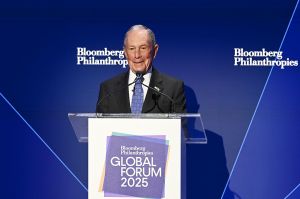


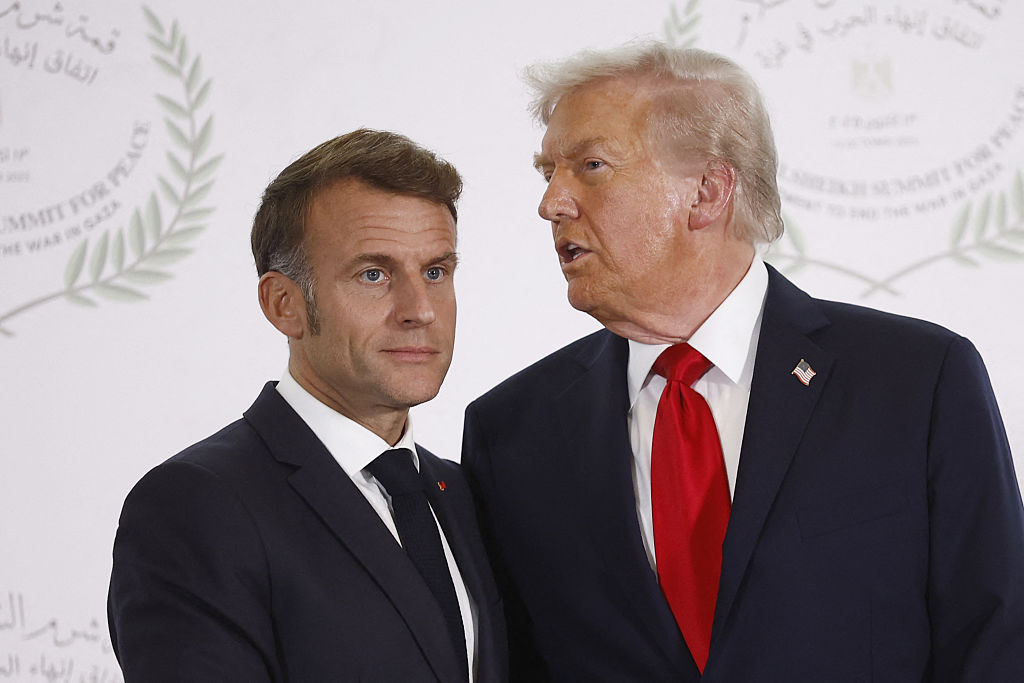
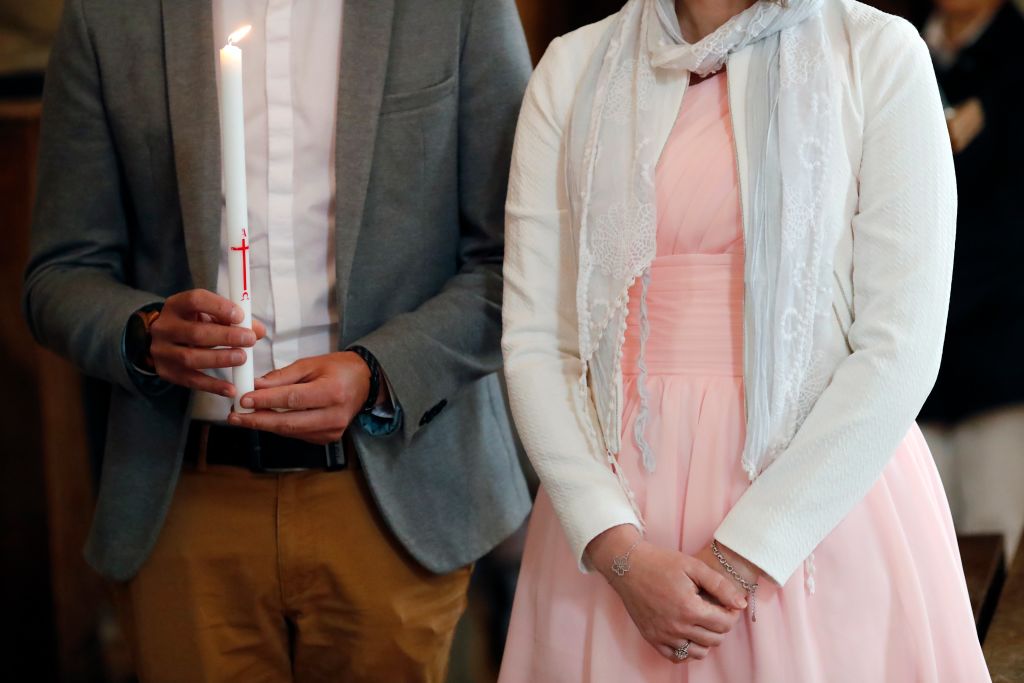
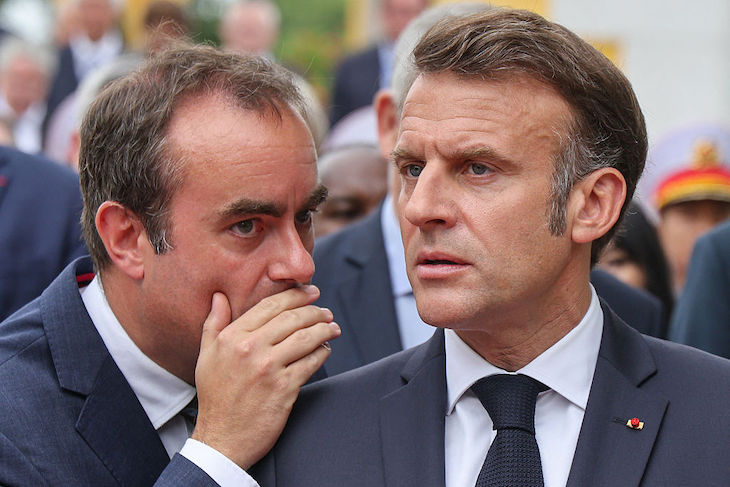
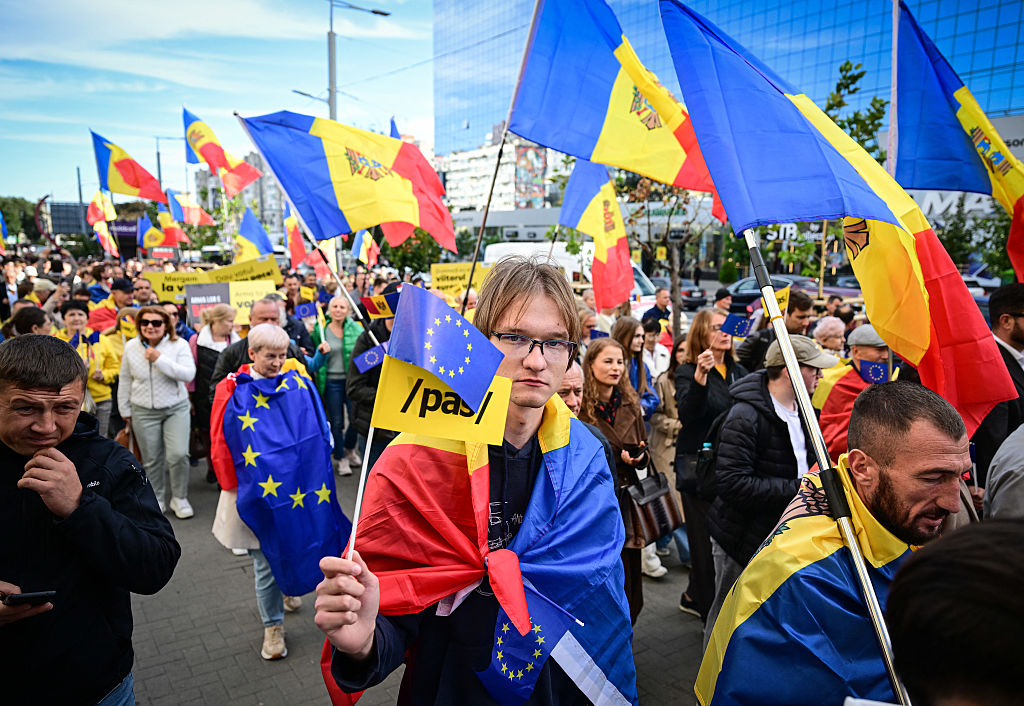
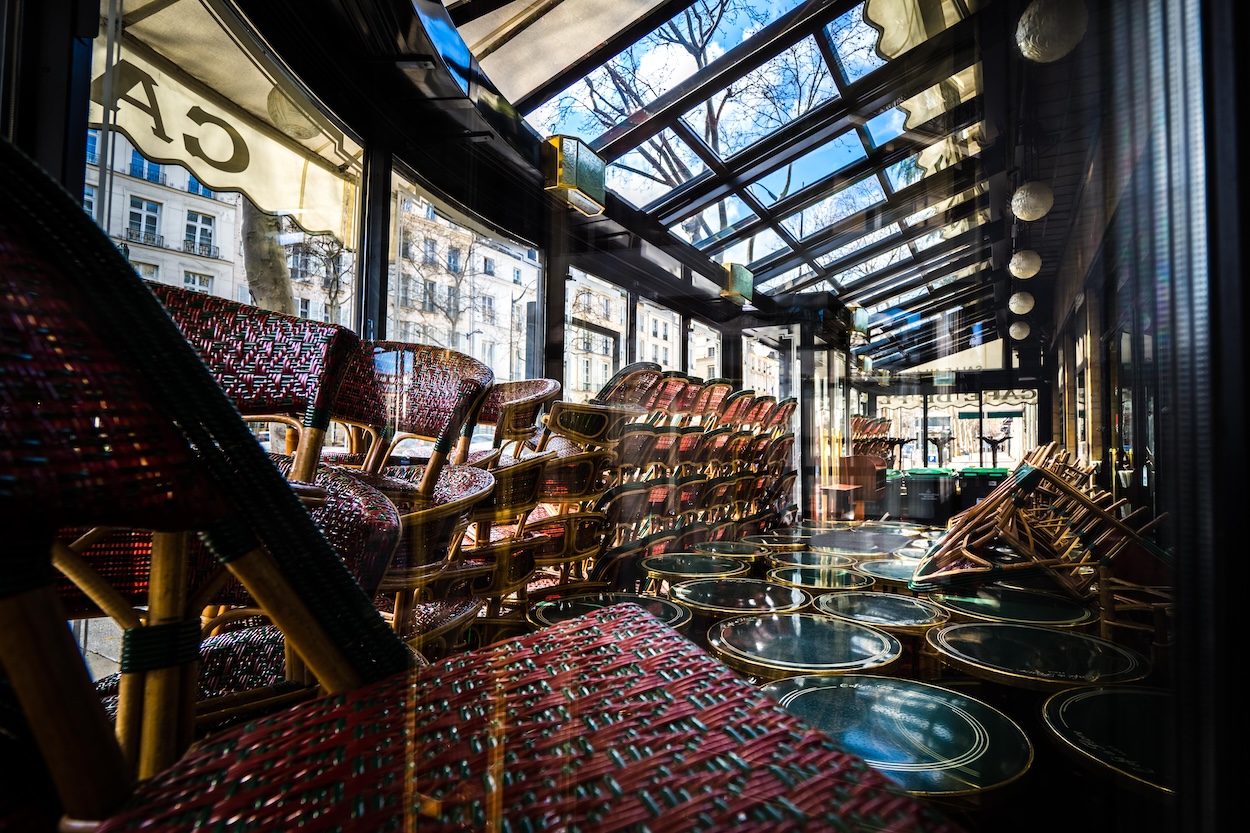
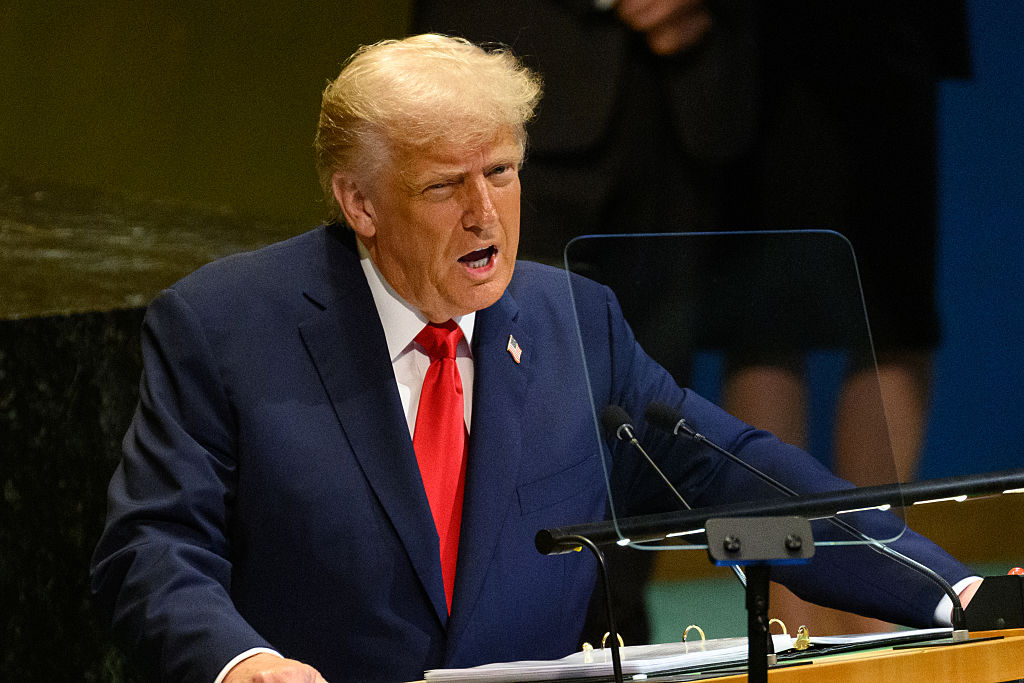







Leave a Reply